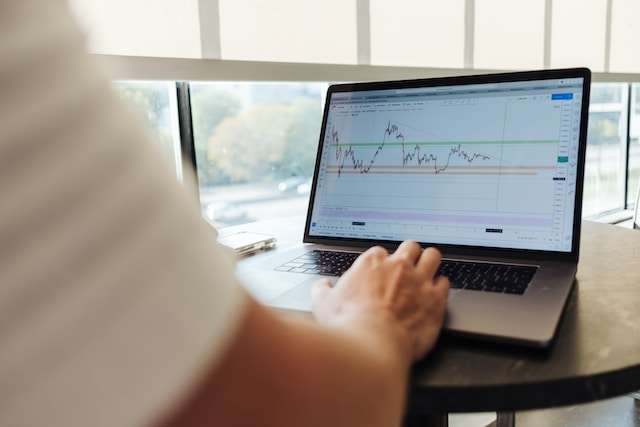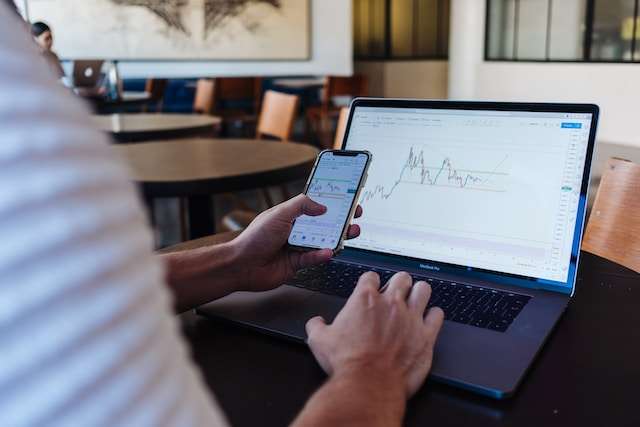Are you interested in index trading? As a beginner, you need to take some time to get to know what an index is, how it works, and the specific index you’re interested to trade. Once you’re familiar with the index, it’s time to create a trading strategy.
Aside from that, you should keep on learning more about trading indices and practise more often. You can start by creating a demo account. Nowadays, there are various platforms such as the cTrader trading platform and MetaTrader. You’ll just have to choose which of them fits your trading strategy the most.
Meanwhile, one of the most popular indices is the FTSE 100. In this article, you’ll get to know more about this index, and you can decide if you’re interested to trade it.
What is an Index?
An index represents the performance of a group of companies based on stocks. This performance can be the measure of the current global, national, or local status of the market. Aside from the FTSE 100, other well-known indices are the S&P 500, and the Dow Jones.
What is FTSE 100?
The FTSE 100 or the Financial Times Stock Exchange is an index composed of the top 100 companies on the London Stock Exchange. In addition, it’s also used to measure the performance of the UK stock market and economy.
Meanwhile, there’s also the FTSS 250, FTSE 350, FTSE Small Cap, and the FTSE All-Share. There FTSE All-Share consists of the companies under all FTSE categories.
History overview
The FTSE 100 was established in 1984. Its name came from the two companies who launched it namely, Financial Times and the London Stock Exchange. In 1992, FTSE 100 became the indicator of the stock performance of the UK.
The 5000-point barrier was crossed in 1997, making a record that remained for the next 15 years.

What sectors are in the FTSE 100?
In terms of the sectors consisting of the FTSE 100, Materials is the largest (20% of the index). Below is the list of sectors from highest to lowest percentage:
- Materials
- Financials
- Consumer staples
- Energy
- Industrials
- Health care
- Consumer discretionary
- Communication services
- Utilities
- Information technology
- Real estate
- Others
How is it calculated?
The size is measured by the market value or market capitalisation. It also which determines whether a company belongs to the index It’s measured by multiplying the number of current shares and the current price per share.
Once the market capitalisation has been identified, it serves as one of the factors to identify whether a company should be included in the FTSE 100 or not.
When it comes to the effect of one company on the whole FTSE 100, it depends on how big the company is. If the smaller the company is, the lesser its effect on the index.

How to trade the FTSE 100?
When trading the FTSE 100, the most common way is through CFDs or Contract for Differences. As the name suggests, it’s a contract between the buyer and the seller indicating that the buyer doesn’t own the underlying asset. And being a partial owner, the buyer also doesn’t have the privilege similar to full share investors.
It’s advisable to use CFD when trading FTSE 100 or any other index since you can speculate the direction of the underlying asset without worrying to lose a lot of investments. At the same time, you can also have full exposure. So if things go the way you want them to, you can form an ideal portfolio.
As mentioned, before diving into the world of index trading, you should get to know the index you’re interested to trade and form a strategy that you can follow. As for using CFD, it can also be a part of your trading plan since you’re still speculating.
Latest updates about the FTSE 100
As you know, there are various factors affecting the movement of the FTSE 100, such as company news, economic status, and commodity prices.
In 2023, the FTSE 100 experts are expecting new high records in terms of dividend payments. And as for the interest rates, they’re becoming more relaxed than before.
We hope this article helps you get to know index trading and the FTSE 100. Don’t forget to share your thoughts about this by leaving a comment below!











